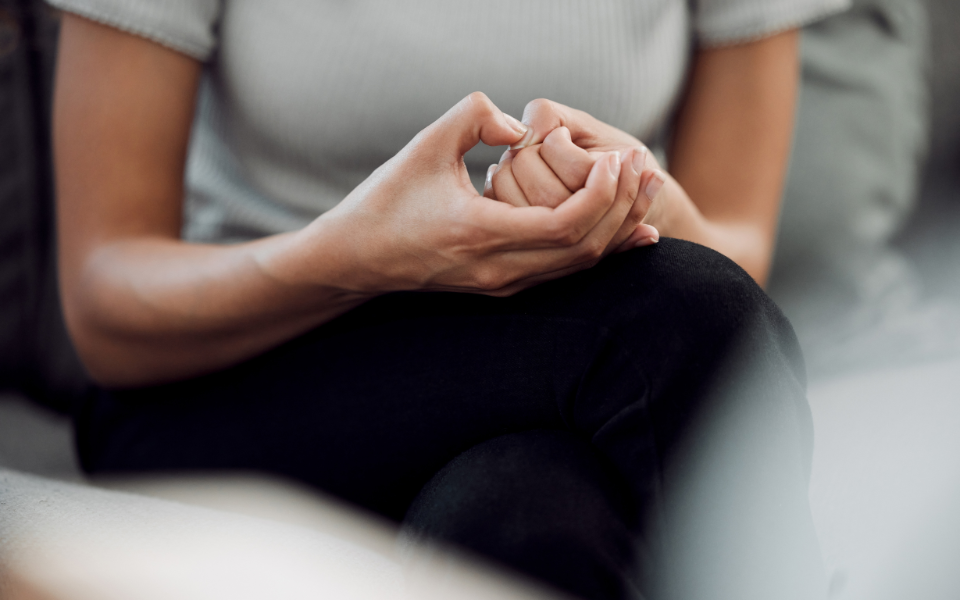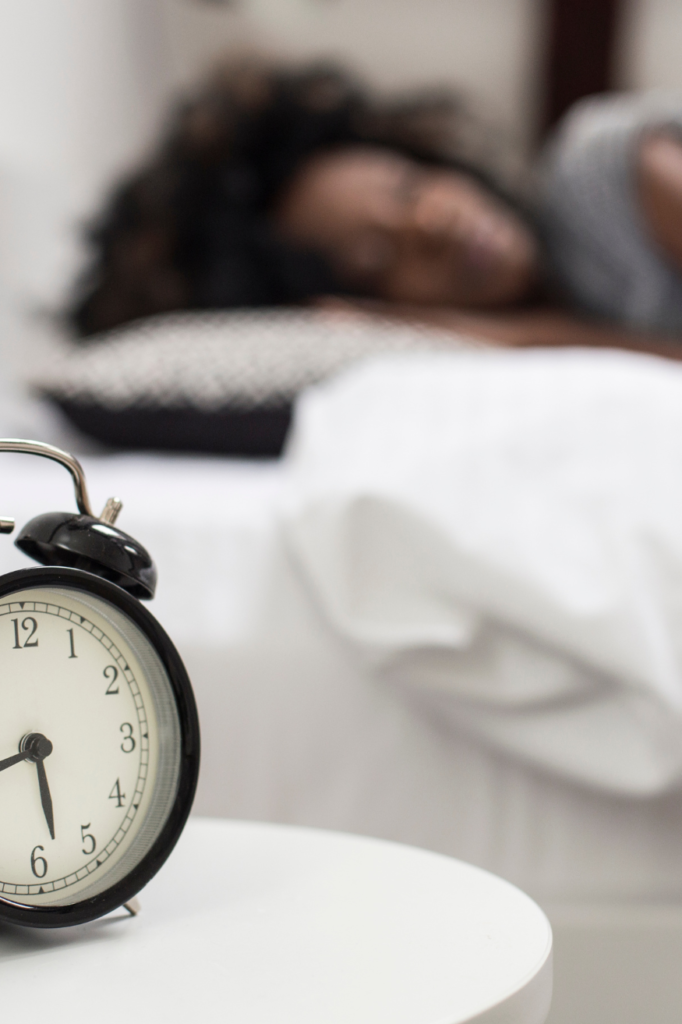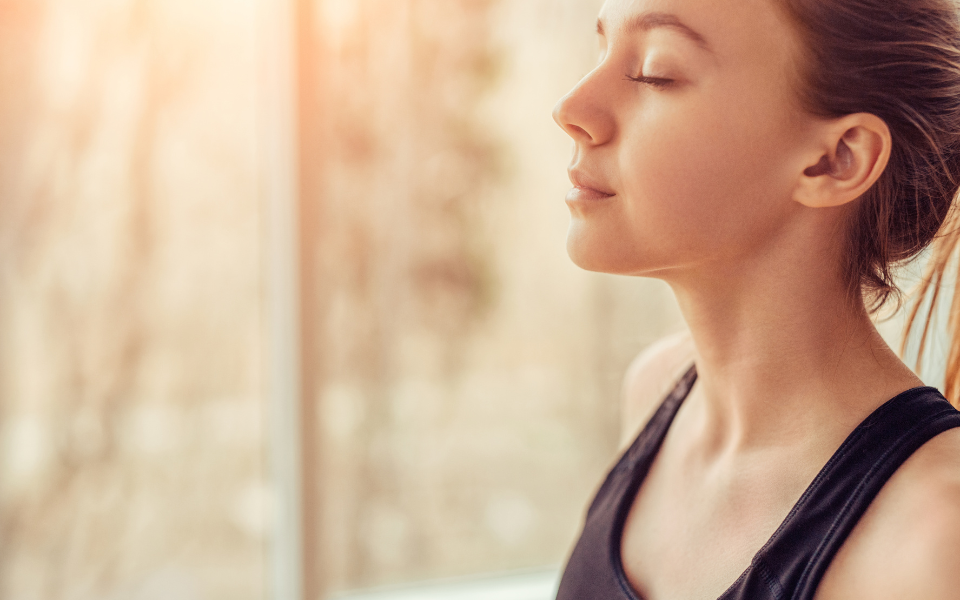Anxiety is associated with persistent feelings of unease, worry, stress, negative thoughts, or fear.
It affects most of us, can be mild or severe, and is triggered by:
- short-term disagreement/argument with friends/family
- family history and home life environment
- home domestics, bereavement, divorce
- financial worries, unemployment, redundancy
- exams and job interviews
- workplace pressures and/or learning environment problems
- business failure, debt, cost-of-living
- homelessness
- short-term illness
- long-term health conditions
During these times, feeling anxious is normal. However, some find it harder to control worrying and racing thoughts.

Severe anxiety interferes with our ability to deal with everyday life. This is because we’re overpowered by feelings of restlessness, inability to sleep or concentrate, and breathlessness, dizziness, or heart palpitations.
Anxiety can worsen in Autumn-Winter during shorter days and SAD (seasonal affective disorder) season.
Cause of anxiety and how to deal with it
Cortisol, also known as the stress hormone, causes stress, anxiety, and mental ill health.
Cortisol elevates when we experience intense anxiety or stress but lowers when we relax.
To deal with anxiety, we need to keep cortisol in our brain-body system balanced. We do this by releasing as much of it as possible when faced with a bout of anxiety that triggers high cortisol levels in us.
Through experience, training, reading, and research, I have found 6 effective ways to reduce cortisol levels.
6 ways to reduce cortisol and reduce anxiety
1. Physical exercise
Any form of exercise is good for mental health and well-being. However, higher-intensity activities like aerobics, running or skipping help us to literally sweat out excess cortisol from the body. During autumn and winter, when days are shorter – and Seasonal Affective Disorder (SAD) kicks in – a walk outside, although not high intensity, allows us to soak up nature ‘the great outdoors’ and vitamin D to help re-balance our brain-body system.
2. Journalling
Putting pen to paper allows us to write out stresses and anxieties in our heads and release cortisol. Research shows that bottling things up in our minds, letting them go round and round, is unhealthy.
Further to journalling, you can manage anxiety through writing in other ways. You can create an Action Plan by listing out the things causing you anxiety and, next to each problem, writing down ideas to solve the issue. It could be related to health, work, family life, or finances with potential solutions being to reduce weekly expenses to save up for a holiday or to try a plant-based diet. Start with smaller, more manageable problems first before tackling bigger challenges. Big problems, for example at work, can take time to resolve and are best addressed by breaking them down and working through each component step by step.

Another writing exercise to deal with anxiety is to write out your personal schedule for the coming week or month. So rather than carry your ‘to-do’ list around in your head, you capture it on paper and empty your mind. As well as releasing cortisol, this helps you get organised and make time for self-care ‘me time’.
3. Speak it out loud
Talking can help to overcome anxiety and poor mental health. From experience, I know conversations about anxiety are not easy to start. However, once you open up to a trusted friend, family member, colleague, or experts like therapists or health coaches, you will feel better. It’s likely the person has been through or is experiencing something similar to you because anxiety affects most people. By talking and sharing, you’ll feel supported and feel less alone. You’ll release cortisol and reduce anxiety levels. Through conversation, you can also seek advice for your concerns and try to find solutions together to your problems.
4. Sleeping it off
Neuroscientists cannot advocate enough how important sleep is for the brain. If we have the choice, we’re encouraged to aim for an optimum 8 hours and 15 minutes of sleep a night. This is because it allows the mind to rest, cells to regenerate, and the full cleansing cycle of our brain to take place.
Contrary to what we traditionally thought was happening in our brains during sleep, brain cleaning takes 8 hours and involves active jet-like flushing out (not dripping) of toxins.
For poor sleepers with interrupted sleep, side sleeping is a better position for the neck veins and flushing out toxins from the brain.
Upon waking, simply turn yourself onto your side and let the cleaning ensue!
Create a calm environment at bedtime to help you rest better and sleep longer.
Check no. 2, 5, and 6 and some of my favourite sleep aids, including candles, aromatherapy essential oils, and skincare products.

5. Breathe through it
Breathing exercises help to relieve anxiety and do much more! Breathing exercises like Transformational Breathing and Oxygen Therapy rejuvenate cells, improve circulation, and relieve pain. This is because oxygen is vital for every cell in our body. Without it, our cells cannot make much energy, and their metabolism becomes less effective. A shortage of cell oxygen affects the whole body and compromises our immune system, circulation, hormones, mood, and brain health.
To release cortisol levels and relieve anxiety, we can increase oxygen in our body through Transformational Breathing and by using Chinese breathing exercises like Qigong or Thai chi. These methods promote deeper and slower breathing, which can elevate oxygen levels. Slowing down breathing relaxes our nervous system and the body, and increases blood flow and oxygen levels.

These exercises can also help strengthen the respiratory muscles, improving the body’s ability to take in more oxygen. To begin with, try breathing in slowly for 10 seconds and then exhaling slowly for 10 seconds. Do this at bedtime for about 10 minutes as part of a relaxing routine without disruption and distraction.
6. Ban stimulants especially digital and social media
Excessive screen time contributes to feelings of anxiety because it increases our tendencies to be impulsive, shortens attention spans, and disrupts sleep. As part of your bedtime routine, try banning digital and social media to focus on breathing exercises (no. 5), journalling (no. 2), reading, or meditating.

Other stimulants like coffee and alcohol put the body into a stress response by stimulating the production of stress hormones like adrenaline and cortisol! These hormones we’re trying to release from our mind-body system to reduce anxiety. So, putting stimulants into our body that make us feel wired, jittery, and even more anxious is counterproductive and unhelpful. Stimulants also negatively affect sleep as increased cortisol interferes with melatonin production – our sleep hormone. For a warm drink, try herbal or caffeine-free tea instead.
Without a good night’s sleep, our mind cannot rest, cells cannot regenerate, and the full cleansing cycle of our brain to flush out toxins and cortisol to reduce anxiety levels cannot take place.
More help and support for anxiety
The tips I write about are based on my experience, training, research, and reading. For help and support from medical professionals and therapists, there are a number of provisions available.
I hope this is a helpful read.



